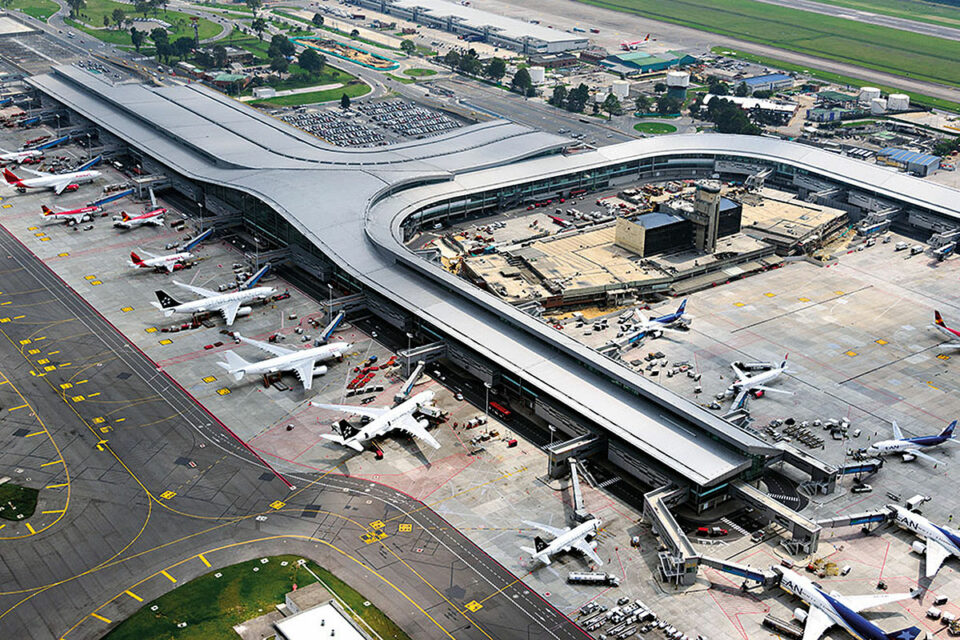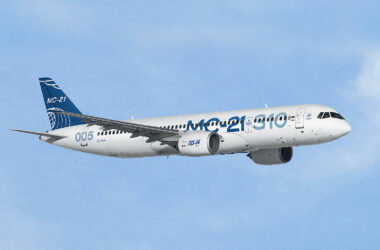Quite predictably, Avianca announced on May 13 that it had given up on the project to take over the low-cost Viva Air. The largest Colombian carrier blamed the slowness of government actions and “little regulatory flexibility” for the end of the agreement, revealed in April 2022.
“While Avianca has repeatedly sought to safeguard Viva’s existence and thereby protect consumers, employment and regional connectivity, unfortunately the conditions for the transaction defined by Aerocivil not only would not allow Viva to be a financially and operationally viable, as it could even jeopardize the stability of Avianca and the sector,” Avianca said in a statement.
Follow ADN: Instagram | Twitter | Facebook
The decision practically put an end to a possible return of Viva Air, which the next day recognized that “without the possibility of financial support, the company no longer has the capacity to continue operating in the market”.
In addition to the delay in analyzing the process, Avianca blamed Aerocivil, Colombia’s civil aviation agency, for forcing it to assume “routes and service level commitments and prices that do not correspond to Viva’s remaining capacities after two months of suspension of operations.”

Aerocivil also demanded that many slots be returned at El Dorado Airport, in Bogotá, the most congested and important airport in the country. According to Avianca, the rule “would not allow Viva to base a single plane at the country’s main airport efficiently”.
“Unfortunately, this long process puts Viva, the airline that brought the low-cost model to the country, put millions of Colombians on planes at competitive prices and provided direct and indirect employment to thousands of families at imminent risk,” said Adrian Neuhauser, president and CEO of Avianca.
“Now the country’s challenge will be to move forward with plans to protect the sector and prevent Colombia from continuing to lose competitiveness, diverting the flow of passengers to countries like Panama, Chile and Peru”, he concluded.






